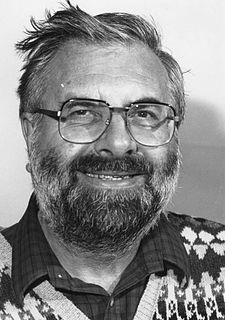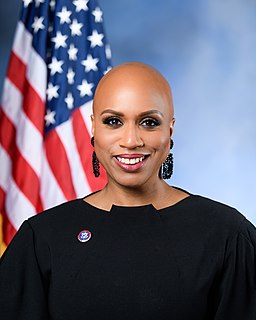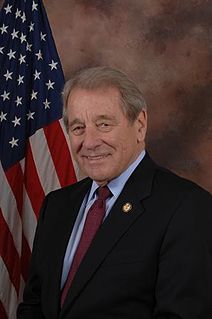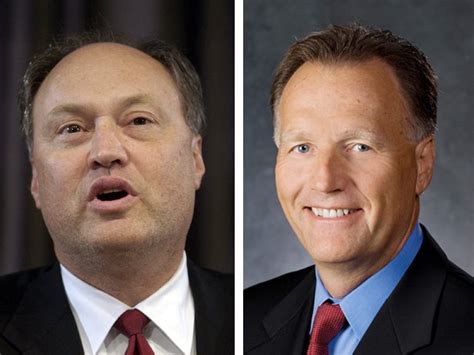A Quote by Bret Stephens
Demanding abrupt and expensive changes in public policy raises fair questions about ideological intentions.
Related Quotes
Now it is worth noticing two things about the private substitutes that I have described. The first is that in the aggregate they are probably much more expensive than would be the implementation of the appropriate public policy. The second is that they are extremely poor replacements for the missing outcomes of good public policy. Nevertheless, it is plain that the members of a society can become so alienated from one another, so mistrustful of any form of collective action, that they prefer to go it alone.
Even leaving aside government policy, whole industries are already making expensive changes around the perceived need to 'go green.' Al Gore and countless other prophets of global catastrophe are making megamillions pushing these expensive solutions. Schoolchildren around the globe are being frightened by tales of impending calamity.
In 1977, when I started my first job at the Federal Reserve Board as a staff economist in the Division of International Finance, it was an article of faith in central banking that secrecy about monetary policy decisions was the best policy: Central banks, as a rule, did not discuss these decisions, let alone their future policy intentions.
Restoring prayer ... will scarcely at this date solve the grievous public school problem. Public schools are expensive and massive centers for cultural and ideological brainwashing, at which they are unfortunately far more effective than in teaching the 3 R's or in keeping simple order within the schools. Any plan to begin dismantling the public school monstrosity is met with effective opposition by the teachers' and educators' unions. Truly radical change is needed to shift education from public to unregulated private schooling, religious and secular, as well as home schooling by parents.
I'm ready for conventions. You know what's interesting, the sort of questions that Lost raises are of a different sort from this movie. In other words, Lost is about figuring out the world of the show, whereas this one seems to raise questions about the world that we know. But I'm happy to entertain both.

































